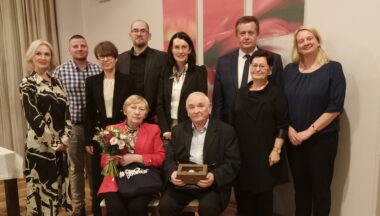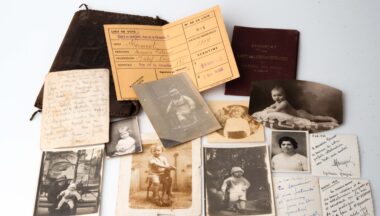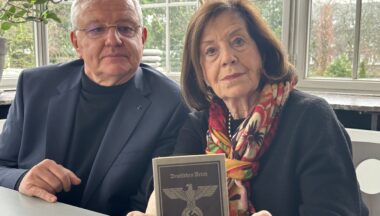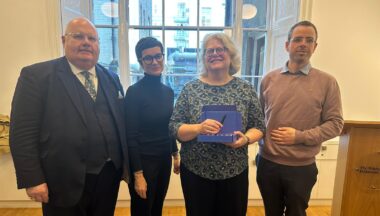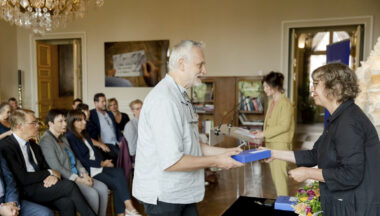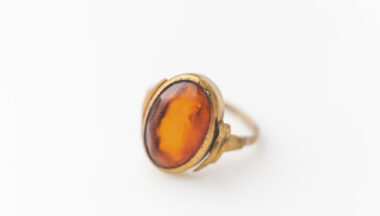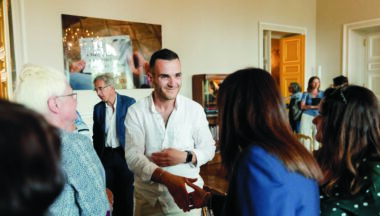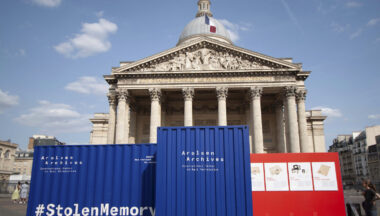Mementoes returned to French family
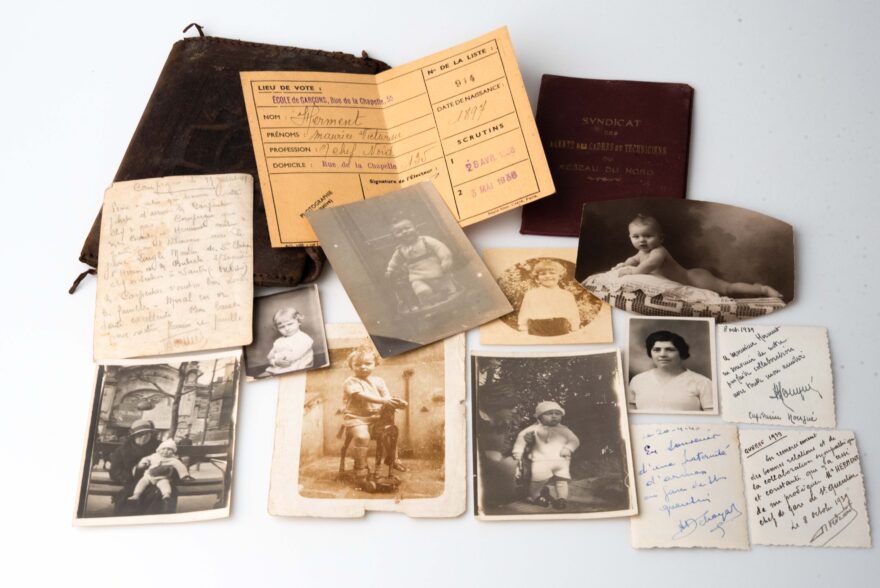
When the Nazis arrested Maurice Herment, they took away all of his personal belongings, which included a wallet with photos and documents. During the first #StolenMemory exhibition in Paris back in 2018, we appealed to the public for help in tracing Maurice Herment’s relatives. We have now managed to return the mementoes to his family at last.
“Thanks to these objects, we can tell the story of Maurice and his family and pass it on to future generations so his courage will never be forgotten,” remarked his grandniece Nathalie at the ceremony held on March 15 at the former bunker complex La Coupole, where the objects were handed over to her in person. The facility built by the Nazis in Wizernes in northern France is now a history museum. The #StolenMemory traveling exhibition is currently on display there.
Persecuted by the Nazis
Maurice Herment was born on April 15, 1897. He was a railway official, and during the German occupation of France, he was the stationmaster in Tergnier in northern France. The Gestapo probably arrested him on March 8, 1944, for activities in the Resistance. On July 18, 1944, the state police deported him to the Neuengamme concentration camp as a political prisoner. This is where the Nazis confiscated his wallet along with various personal documents and photos, including photos of his wife and son.
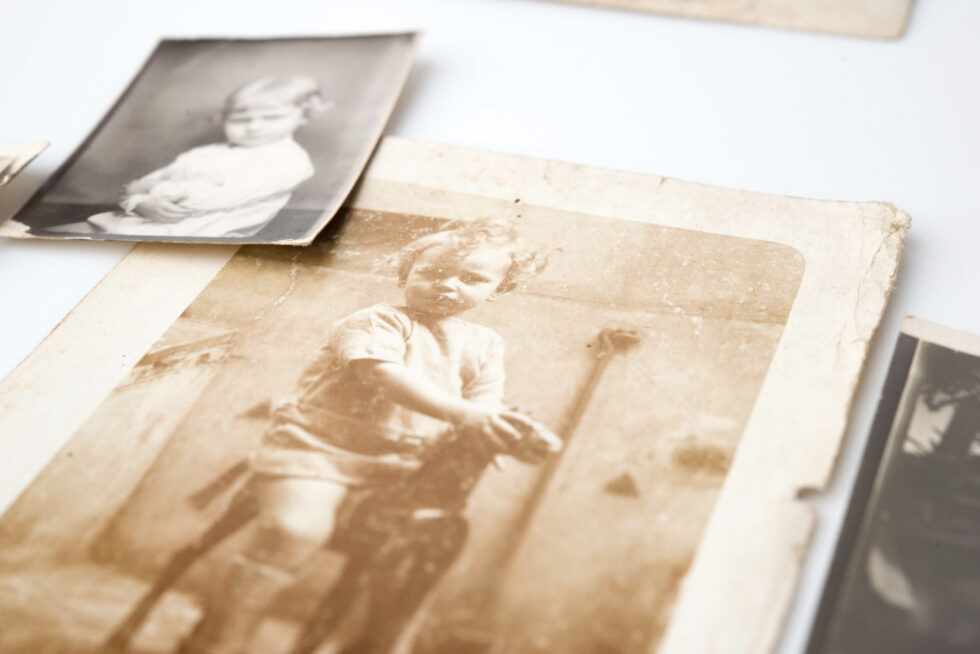
Death in the Bay of Lübeck
The Arolsen Archives hardly have any documents about Maurice’s fate. The last mention of him as a prisoner in Neuengamme is dated August 8, 1944. The French memorial book of the Fondation pour la Mémoire de la Déportation names him as a victim of the ship bombing that took place in the Bay of Lübeck on May 3–4, 1945, causing the deaths of many concentration camp prisoners from Neuengamme. A street in Tergnier is named after Maurice Herment. A memorial plaque commemorates his persecution by the Nazis.
Search comes to a successful conclusion
Maurice Herment’s son died in the Indochina War, and the mementoes could not be returned to his wife during her lifetime either. Since the first #StolenMemory exhibition at UNESCO in Paris in 2018, our staff have been trying to locate his relatives, ably assisted by a number of volunteers. Nathalie, his grandniece, has now taken possession of the mementoes.
During the ceremony, which she attended in person, she explained that her family knew nothing of Maurice’s tragic end. Nathalie said: “His close relatives never spoke of his deportation, which was due his resistance, nor of the war in general, to avoid rekindling the pain of those who had lived through this dark period. The years went by and the subject was forgotten, so the following generations didn’t know the whole story.” She now intends to change all that and pass his story on within the family.
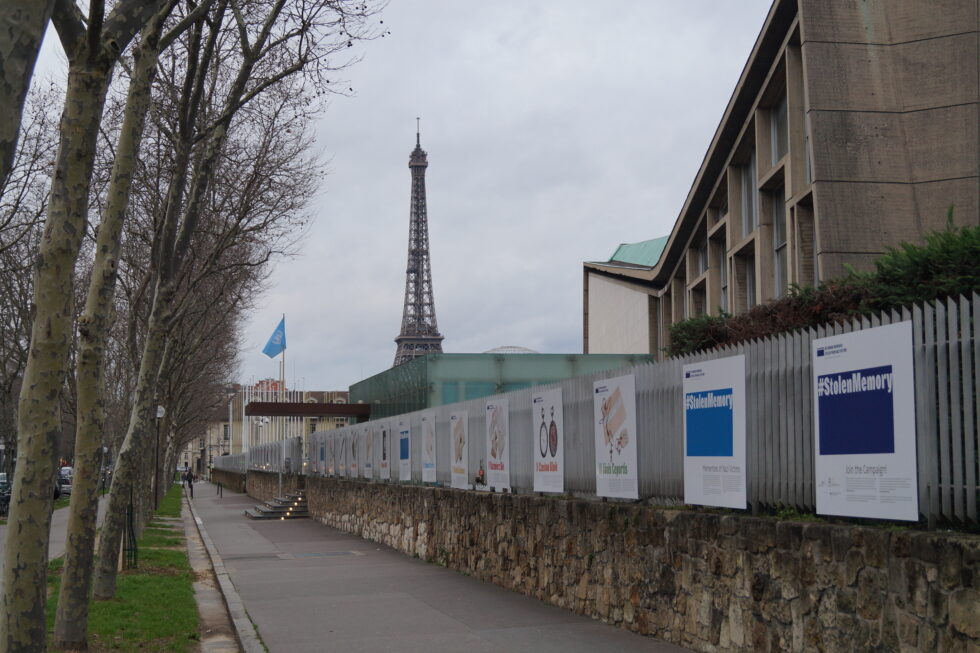
Last year, we were able to return the last personal belongings of 30 French victims of persecution to their families – more than in any other year since the launch of the project. The #StolenMemory traveling exhibition has been touring France since June 2023 – sponsored by the French Ministry for Foreign Affairs and the Fondation pour la Mémoire de la Shoah. Visit our website to see the next stops on the tour.


